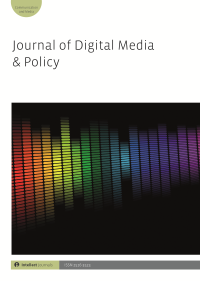
Full text loading...
 , Sela Sar2
, Sela Sar2 , Justin Martin1
, Justin Martin1 , Jas L. Moultrie2
, Jas L. Moultrie2
Results of an online survey suggest that heavy binge-watching of serialized video content might be in part socially motivated. Among a sample of US college students, heavy binge-watchers were more likely to be opinion leaders and to experience fear of missing out (FOMO) than regular binge-watchers or non-binge-watchers. They also reported higher levels of parasocial engagement with the shows’ characters than other viewers. Contrary to common beliefs, heavy binge-watching did not come at the cost of decreased social engagement. Quite the opposite: heavy binge-watchers reported spending significantly more time in interactions with friends and family on a daily basis than non-binge-watchers. Heavy binge-watching was also modestly associated with a few negative outcomes (loss of sleep and decrease in productivity).

Article metrics loading...

Full text loading...
References


Data & Media loading...

Publication Date:
https://doi.org/10.1386/jdmp_00035_1 Published content will be available immediately after check-out or when it is released in case of a pre-order. Please make sure to be logged in to see all available purchase options.